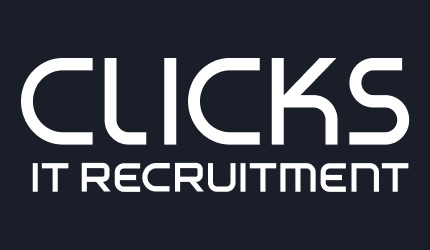The key to conducting an effective job interview is thoughtful and considered planning. Before delving into how to best plan for an interview, let’s take a look at why structured interviews work:
- Provides confidence in decision making (and helps with making quicker decisions).
- Ensures the best fit for the job is hired – not the person who interviews best.
- Allows easy comparison between candidates and against the job requirements.
- Offers insights into development opportunities. This information helps managers invest in and plan for required support. This in turn is a benefit for the successful candidate.
- Enables an objective process that backs up the decision should any disputes arise.

What does thoughtful and considered planning look like?
It starts with a clear understanding of the key requirements of the role. This information is ideally already available within a well-written position description. From there, you can devise questions that map to the key competencies, skills, experience and personal attributes candidates need to be successful in the role. The type of questions include: behavioural-based questions, situational questions, and follow-up questions.
Behavioural-based questions enable candidates to demonstrate a target behaviour, skills, or experience through past performance. Questions may start with:
- “Tell me about a time when …?”
- “Can you provide me an example of …?”
- “How have you …?”
Situational questions focus on how a candidate responds to scenarios you present. These questions are helpful if there are specific challenges about the role or organisation. Situational questions provide insights into how candidates: think on their feet, problem-solve, communicate their ideas, and their thought process.
Follow-up questions encourage active
listening on the part of the interviewers. It also aids the flow of the
interview. For candidates, this means it should feel more like a conversation
than a drilling session. It is important to create a positive interview
experience. Follow-up questions can be difficult to
plan. To help you incorporate them into your interview, let’s look at how they can
be used to:
- Understand interests and motivations, “What did you enjoy most about that?”
- Gather details, “How often did you meet with the steering committee?”
- Clarify understanding, “So, what you did was…; is that correct?”
- Focus the candidate, “I’m interested in how you managed that difficult stakeholder. Could you tell me more about that?”
- Probe for further information, “What was the result following the course of action you just outlined?”
- Analyse how the candidate works, “How did you prioritise what needed to be done?” or “Why did you make that decision?”

It is also important to set up a rating system to assess the candidates’ responses.
For example, a numerical value is placed on the following: does not meet requirements, partially meets requirements, meets requirements, and exceeds requirements. This scoring facilitates objective discussion amongst the interview panel. It also focuses next steps in the process. For example, it provides follow-up questions in a second interview, or areas to explore with referees or in other assessments, such as a case study or technical test.
Too hard? Think again.
What has been described so far seems simple enough. Yet, it is often placed in the too-hard basket or seen as too time-consuming to do. If that thought has crossed your mind, consider the time and effort of:
- Restarting the recruitment process due to a drawn-out process as decisions could not be made quickly.
- Rehiring as the selected candidate did not work out.
- Managing underperforming staff.
- Correcting poor team morale caused by a bad hire.
As my mother always says, “If you fail to plan, you plan to fail”.
Trust me, it’s true. Based on the countless conversations I’ve had with hiring
managers over the years, a poorly devised (or executed) interview process is
often the reason for bad hiring decisions or missing out on great candidates.
Feel free to reach out to me if you’d like to discuss this topic further or
require assistance planning your interviews.
Feel like being controversial?
As part of the work Clicks does in the neurodiversity space, one of the things we’ve learnt is that sending the interview questions to the candidate ahead of time achieves a far better interview performance. It allows the candidate to ensure they will bring you the strongest behavioural examples, reduces interview anxiety and gives you instant goodwill compared to other roles they are applying for. What is good for neurodiverse people is invariably good for neurotypical people, so why not try this with your next role? I’ve been doing it with my own internal hires for the last year, and it has yielded excellent results.
For any hiring needs please reach out to your Clicks Account Manager or 1300 CLICKS for a confidential discussion. Clicks specialises in IT recruitment. Our recruiters average 12 years of industry experience, and we’re on over 80 Preferred Supplier Agreements. As Australia’s favourite IT recruiters, we can help you find top talent, fast!
General Manager, Operations









